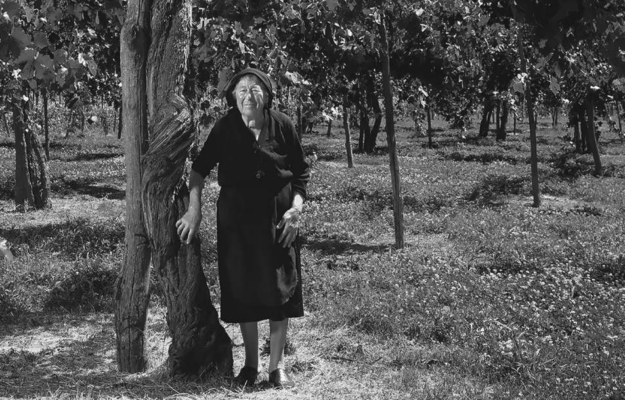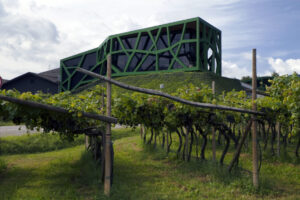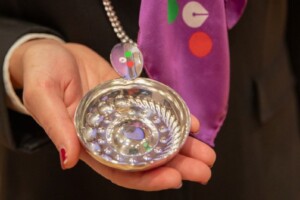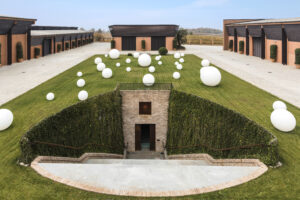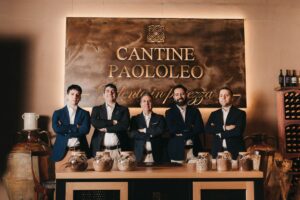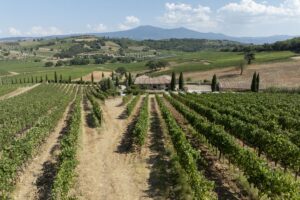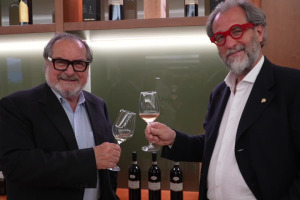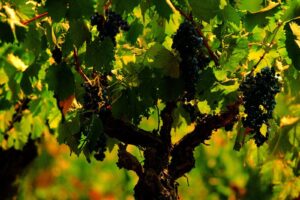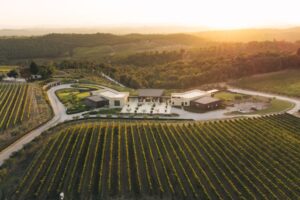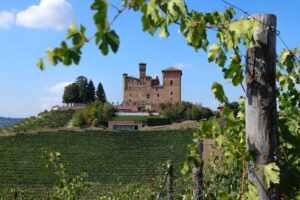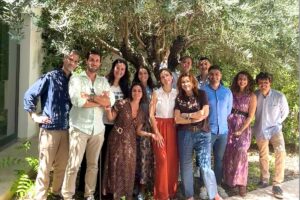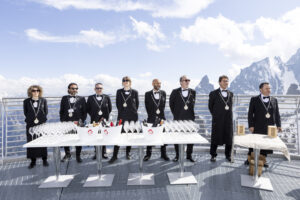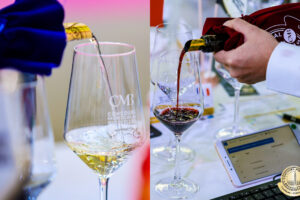The “Patriarchs”, in the wine world, in Campania and especially in Irpinia, are the “Monumental Vines”. In other words, the old vineyards, some more than a century (according to popular recollection, some vines are even 250 years old), custodians of a thousand secrets. Feudi di San Gregorio, Irpinia brand led by Antonio Capaldo, for over twenty years has dedicated significant resources for scientific and genetic research, together with the contribution of Professor Attilio Scienza, full professor of viticulture at the University of Milan, and Professor Luigi Moio, professor of viticulture at the University of Naples, who contributed enormously to the “Patriarchi” project. Since then, a lot more has been discovered on Aglianico and many others, and there is still much more to be discovered. For instance, the historic vineyards, a heritage to be protected, as they preserve and can reveal the secrets of variety that have made viticulture great in many areas of Italy and around the world. There is more, since from pre-phylloxeric vines unique wines are produced still today, which must be defended and valued on the market. “The Old Vine Conference”, a non-profit founded by Leo Austin and the Masters of Wine Sarah Abbott and Alun Griffiths, propose to do so focusing on cultural, ecologic and quality value, encouraging the wine industry - from the vineyard to marketing - to share skills and synergies to achieve commercial sustainability.
Feudi di San Gregorio, brand headed by Antonio Capaldo, as a Benefit Company, has the same principles and one of its objectives is to enhance the beauty of its territory, Irpinia, starting from its pre-phylloxeric vineyards. This is the context in which Antonio Capaldo will participate in “The Old Vines Conference” (online), to be held on December 1st and 2nd. For more than 15 years, Capaldo has collaborated with various Italian and International universities in research, genetic study and reproduction of the historic vineyards (70 to over 200 years old) that still populate Irpinia. The “Patriarchi” project was created in collaboration with Professor Attilio Scienza and the University of Milan, - as we mentioned –is based on the study of the DNA of pre- phylloxeric and non grafted centennial plants, and has allowed us to reconstruct their history and preserve their specimens in a vineyard that is an open-air museum. “We would have lost an inestimable genetic treasure”, Capaldo commented, “which instead has become part of our heritage”. The most interesting vines have been codified and reproduced, and live in the new plants of Aglianico in the “Dal Re” vineyard. These unique and exciting vineyards, possible to grow only in extraordinary territories, which are naturally suitable, have preserved their richness and biodiversity over time.
Starting from this experience, Antonio Capaldo, in his speech at “The Old Vines Conference” (conducted by Tim Atkin, Jane Anson and Sarah Abbott), will try to describe and share the market challenges to ensure that wines from historic vineyards become a recognizable as well as familiar category for consumers. It is essential that these types of wines are fully expressed and find their own positioning - well renowned and distinct - within the International discussion and on wine lists. Understanding how the wine industry is working to prevent the disappearance of historic vineyards - adopting concrete measures, such as creating a new category of wines from historic vineyards - will be precisely the major issues oenologists, winemakers, journalists, producers and traders of leading wines all over the world, from Europe to South America to Australia will have to face.
Copyright © 2000/2025
Contatti: info@winenews.it
Seguici anche su Twitter: @WineNewsIt
Seguici anche su Facebook: @winenewsit
Questo articolo è tratto dall'archivio di WineNews - Tutti i diritti riservati - Copyright © 2000/2025










